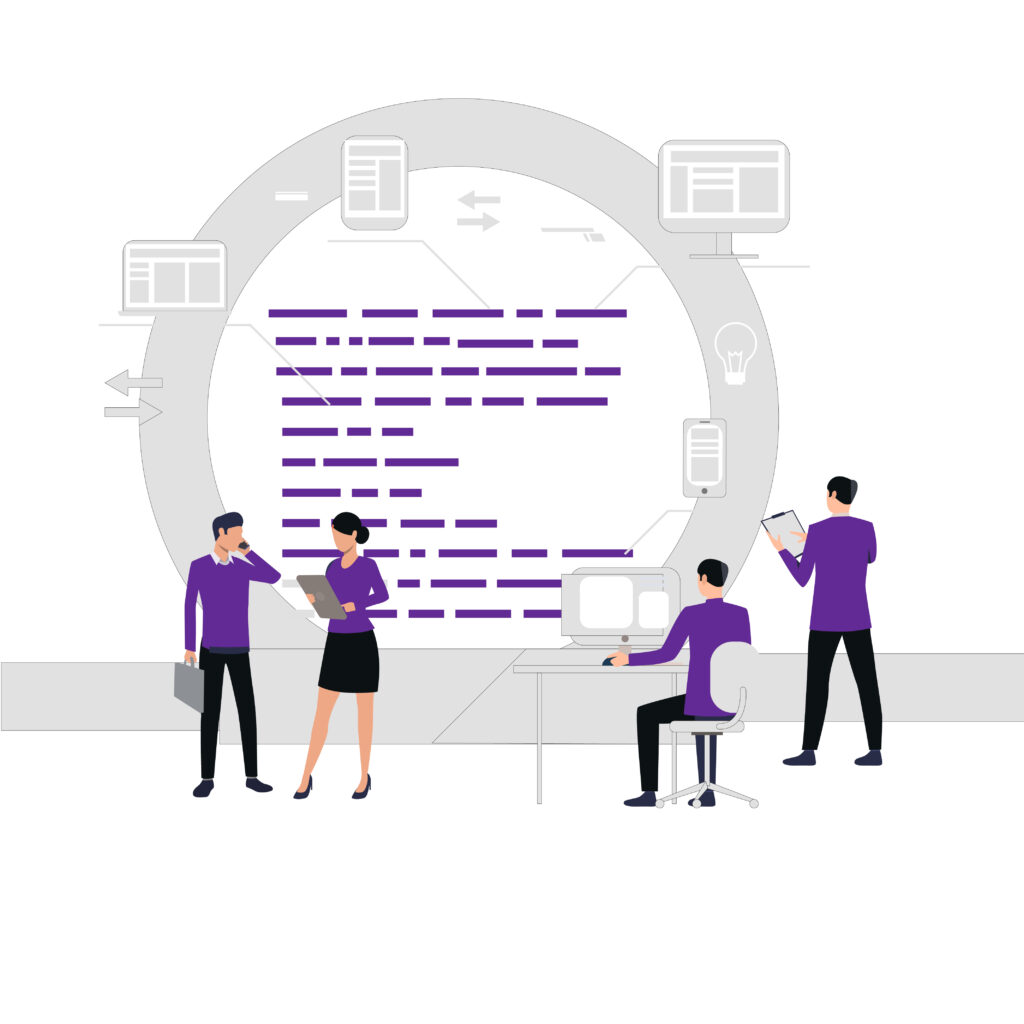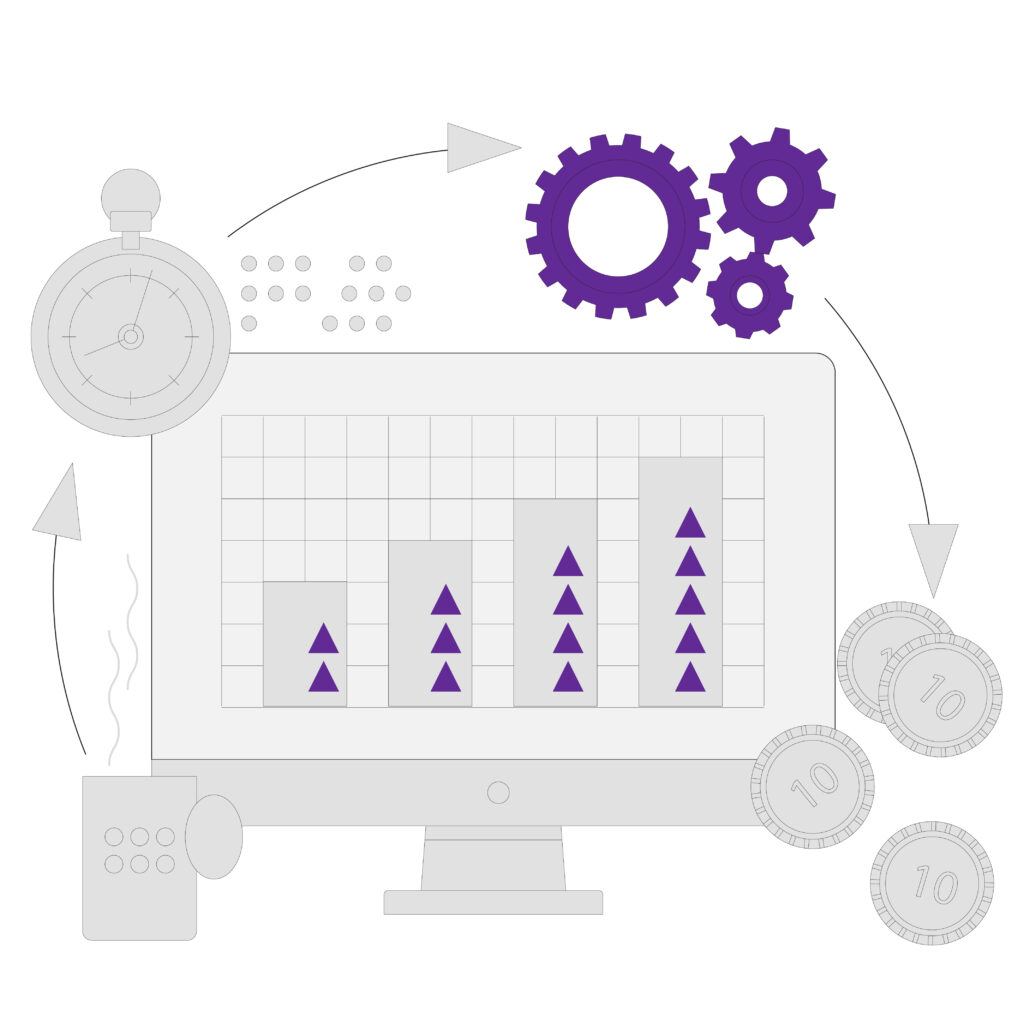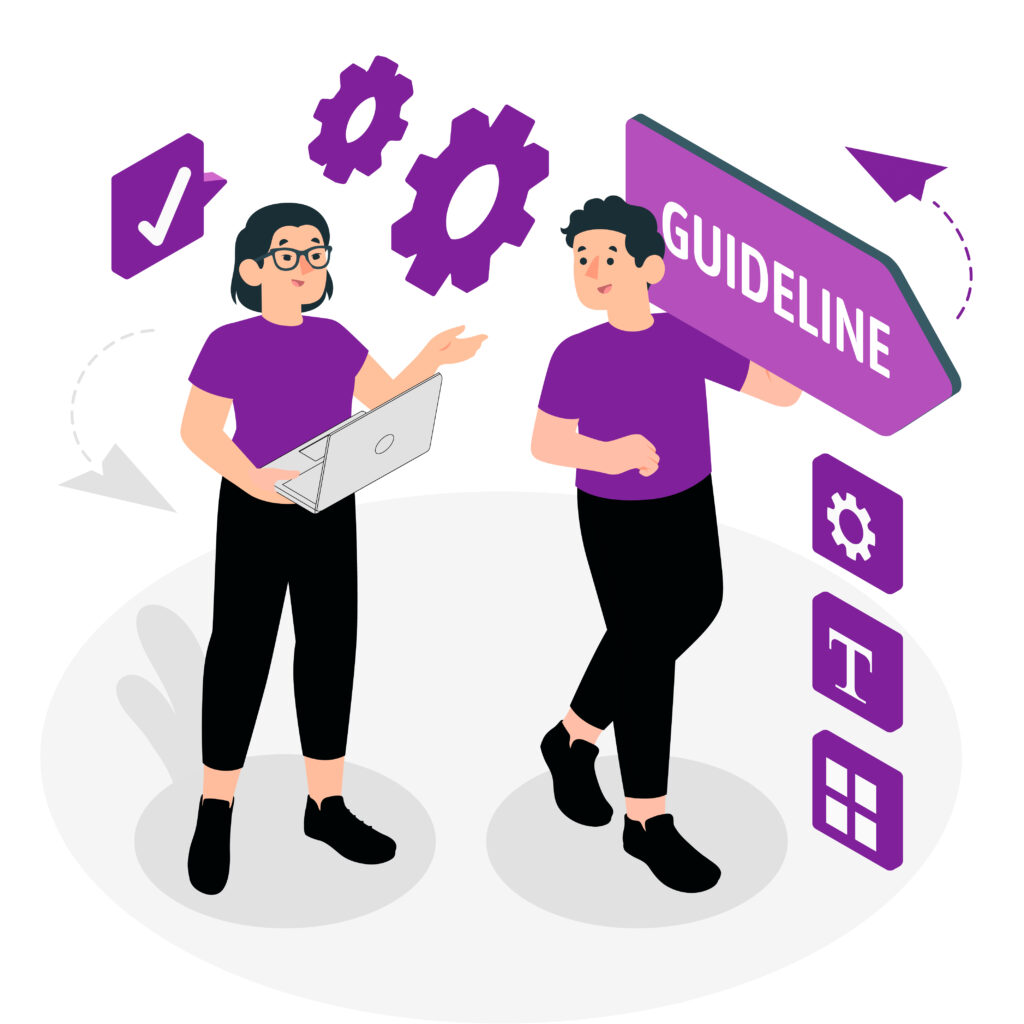Building the Future: An In-Depth Look at Web Application Development
Web application development is the process of creating software applications that run on a web server and can be accessed through web browsers. These applications offer various functionalities, from simple content display to complex interactive services, making them essential in today’s digital landscape.
Whether you’re browsing a social media platform or managing your finances online, web applications play a significant role in daily life.

Introduction to Web Application Development
Web Application Development is the process of creating software applications that operate on web servers and are accessed through web browsers. Unlike traditional software, web applications do not require installation and can be used on any device with internet access, offering flexibility and accessibility that enhance user experience.
Core Technologies in Web Application Development
This subsection delves into the technologies that power Web Application Development, including HTML for structuring content, CSS for styling, and JavaScript for adding interactivity on the client side.
On the server side, languages like Python, PHP, and Ruby are used to handle backend processes, database interactions, and server logic, creating a seamless and dynamic experience for users.
The Importance of Web Applications for Businesses
Web Applications have become vital tools for businesses, enabling them to reach a broader audience, improve service delivery, and operate more efficiently. They allow companies to automate tasks, enhance customer engagement, and provide accessible services that are available 24/7, making them essential in today’s digital economy.
Business Growth Through Web Applications
Discusses how Business Applications developed as web apps contribute to business growth by automating routine processes, managing data effectively, and providing customers with interactive tools. For instance, e-commerce platforms, CRM systems, and project management tools are all examples of web applications that help businesses streamline their operations and improve decision-making.
Different Types of Web-Based Applications
There are various types of Web-Based Applications, each designed to meet specific needs. These include static applications that display the same content to every user, dynamic applications that change content based on user input, single-page applications that provide a seamless experience, and multi-page applications that handle more complex interactions.
Comparing Static and Dynamic Web-Based Applications
Static web applications are simpler, displaying fixed content with minimal server interaction. In contrast, Dynamic Web-Based Applications interact with the user in real-time, fetching data from databases and adjusting the content based on user actions. This makes them ideal for applications like social media platforms and personalized dashboards, where content must constantly adapt to user inputs.


Single-Page vs. Multi-Page Web Applications
Single-page applications (SPAs) offer a fluid, fast user experience by loading a single HTML page and dynamically updating content as the user interacts. Multi-Page Applications (MPAs), on the other hand, refresh the entire page when navigating to different sections.
While SPAs are great for apps that require high interactivity, MPAs are preferred for complex applications like e-commerce sites that handle multiple processes simultaneously.
Key Skills for Web Developers
Successful Web Application Development requires a combination of technical expertise and soft skills. Developers must be adept at coding, design principles, problem-solving, and communication to ensure that applications are not only functional but also user-friendly and responsive to business needs.
Essential Technical Skills in Web Development
In the realm of Web Development, technical skills such as proficiency in programming languages like JavaScript, Python, and Java are crucial. Developers must also be familiar with frameworks like React, Angular, and Django, which provide the tools needed to build complex applications quickly.
Additionally, knowledge of database management, version control systems, and APIs is essential for integrating various components of a web application.
Soft Skills for Web Application Developers
While technical skills are crucial, Web Application Developers also need strong soft skills. These include effective communication to understand client needs, project management to handle development timelines, and a user-focused approach to ensure the final product meets expectations.
Problem-solving skills are equally important, allowing developers to troubleshoot issues and improve application performance continually.
Popular Frameworks Used in Web Application Development
Frameworks play a significant role in Web Application Development by providing pre-built modules, libraries, and tools that make coding more efficient and maintainable. Popular frameworks like Django, Laravel, and Express.js help developers implement best practices and reduce the time needed to build robust applications.
Choosing the Best Framework for Your Application
Selecting the right Application Framework depends on several factors, including the project’s complexity, developer expertise, and the specific needs of the business. For example, Django is ideal for large-scale applications that require security and scalability, while React is perfect for creating dynamic user interfaces with reusable components. This section guides developers on how to evaluate and choose frameworks based on these criteria.


Top Frameworks in Web Application Development
This part highlights the most widely used Web Frameworks, such as Angular, known for building dynamic single-page applications; Ruby on Rails, celebrated for its simplicity and rapid prototyping; and ASP.NET, favored for enterprise-level applications.
Each framework’s strengths and suitable use cases are discussed, helping developers match the right tool to their project needs.
Challenges in Developing Web Applications
Web Application Development comes with its own set of challenges, including maintaining security, ensuring optimal performance, and managing cross-platform compatibility. Overcoming these obstacles is key to delivering reliable and efficient web applications.
Overcoming Security Issues in Web Development
Security is a major concern in Web Development, with threats such as SQL injection, cross-site scripting (XSS), and data breaches posing significant risks. This section explores strategies like using HTTPS, implementing proper input validation, and regularly updating frameworks to protect web applications from vulnerabilities.
Performance Optimization Techniques for Web Applications
Performance is critical in Web Applications, as slow load times can drive users away. This subsection offers techniques for optimizing performance, such as minimizing HTTP requests, compressing images, and leveraging content delivery networks (CDNs). These practices ensure that web applications run smoothly and provide a positive user experience.
Future Trends in Web Application Development
The future of Web Application Development is influenced by emerging technologies like AI, machine learning, and Progressive Web Apps (PWAs). These innovations are reshaping the way applications are built, focusing on delivering faster, smarter, and more personalized experiences.
The Impact of AI on Web Applications
Artificial Intelligence is playing an increasingly important role in Web Applications, enhancing capabilities such as chatbots, predictive analytics, and personalized recommendations. AI-driven features enable web applications to learn from user behavior and adapt in real time, providing a more engaging and efficient experience.


End-to-end support for ongoing success
At Digital Help, we don’t simply create apps and go. We offer end-to-end support to guarantee your application remains a valued business tool. From the first consultation to post-launch support, we are with you every step of the way, providing direction, updates, and technical help as needed.
Our continuous maintenance services include frequent updates, security patches, performance improvements, and feature additions. We maintain your program operating smoothly, ensuring it is safe, efficient, and compatible with the newest technology. If you have problems or need to adjust, our support staff is here and eager to assist.
With Digital Help’s complete assistance, you can be sure that your application is in capable hands. This enables you to concentrate on developing your company while we handle the technical concerns.
Rise of Progressive Web Apps
Progressive Web Apps (PWAs) are revolutionizing Web Application Development by combining the best features of web and mobile apps. They offer offline access, push notifications, and faster load times, all within the browser. PWAs represent the future of web applications, providing users with app-like experiences without the need to download from app stores.